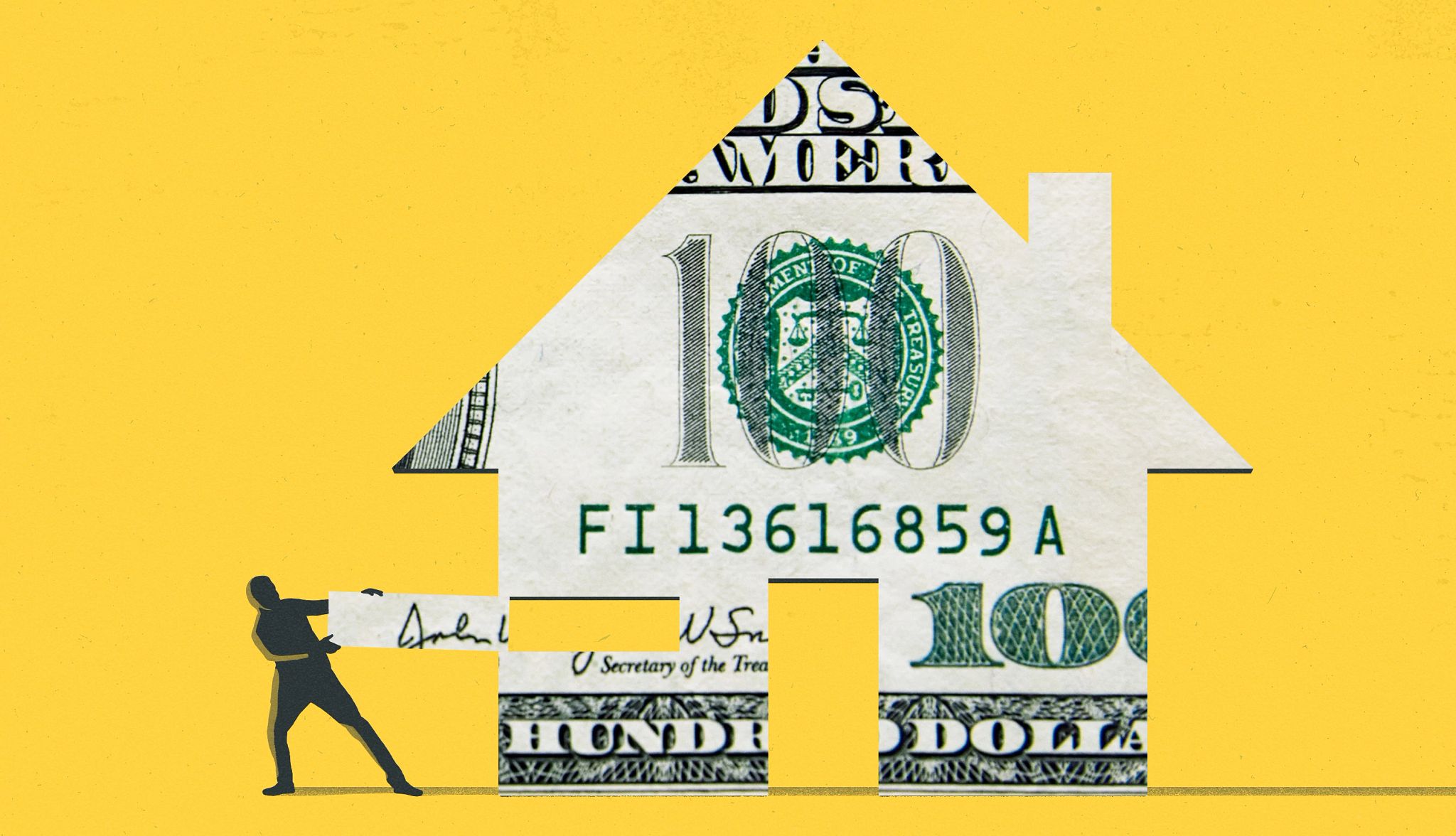
- Select a language for the TTS:
- UK English Female
- UK English Male
- US English Female
- US English Male
- Australian Female
- Australian Male
- Language selected: (auto detect) - EN
Play all audios:
The good news for Sir Keir Starmer is that he has just had his best day since he became Labour leader more than two years ago. The bad news is that for him, this might turn out to be as good
as it gets. The local elections are undeniably a famous victory for the Member for Holborn and St Pancras, with Tory bastions in the capital falling that had withstood all the vicissitudes
of the past forty years. Elsewhere in the country, however, the triumphalism is more muted. The oracle of the polls, Sir John Curtice, has even dared to suggest that Labour ought to be doing
considerably better than it has done. In London, Labour is riding a demographic as well as an economic wave. Sweeping the board in boroughs such as Wandsworth and Westminster is less
difficult than it looks when the electorate there increasingly resembles the Shadow Cabinet. Even suburban districts such as Barnet are no longer averse to the detoxified Labour brand. If
Boris Johnson stood for the London mayoralty today, he would be drummed out of town. London is also particularly sensitive to economic fluctuations. It was bad luck for the Conservatives
that the Bank of England’s Monetary Policy Committee chose the day of the council elections to deliver the worst package of economic news since the beginning of the pandemic. Not only does
the Bank expect inflation to be in double figures by the end of the year, but growth will be flat for the next two years, interest rates will more than double and unemployment will start to
rise again. This combination is known to economists by the ugly neologism “stagflation”, but the reality is even uglier. Not since the 1970s has Britain faced such an unpalatable prospect
and the medicine is, in the short to medium term at least, no less distasteful. It is cold comfort for the Government that, like Covid, the inflationary virus is not limited to the UK, which
is roughly mid-table in the international league. The fact that stagflation may afflict much of the developed world in the wake of pandemic and war only makes the predicament of “Global
Britain” all the more acute. Here at TheArticle we have been sounding the alarm about the spectre of inflation since the summer of 2020. Today we publish here yet another important analysis
by the distinguished economist Brian Griffiths, who asks the crucial question: why did the central banks get inflation so wrong? We can only hope that they are paying attention, not only in
the Bank and the Treasury but also in Number 10. Lord Griffiths was in charge of the Downing Street Policy Unit under Margaret Thatcher, so he knows what it is like, not only to endure the
slings and arrows of outrageous fortune, but to take arms against a sea of troubles. By opposing the Keynesian orthodoxy of her day in order to squeeze inflation out of the system, Mrs
Thatcher subjected the country to a social revolution and in doing so acquired a notoriety that has lasted ever since. Yet everything that the British have achieved since the 1980s,
including the prosperity of the Blair years, was built upon the success of that revolution. Both Boris Johnson and Keir Starmer know this, because they are children of the Thatcher era: born
in 1964 and 1962 respectively, they spent their formative years in the heady atmosphere of intense excitement that she unleashed. The two party leaders have, of course, drawn opposite
political conclusions from their experiences, but neither can claim ignorance of either the costs or the benefits of Thatcherism. The world has changed so much since then that any Rip van
Winckle of that era who awoke today would find it almost unrecognisable. Yet the laws of economics have not changed. The question that will face the country at some point in the next couple
of years is: which of these gentlemen has the right plan to lift the country out of what we have apparently decided to call the cost of living crisis? In so far as Starmer has any
discernible plan, it is to print money, borrow and spend our way out of the crisis, insulating the more vulnerable with massive state intervention and taxing the rest of us to pay for it.
The trouble with this recipe is that we have just lived through something not unlike it, justified in the name of the pandemic and implemented by a Conservative Chancellor. These are the
policies that have landed us in our present predicament. Of course Rishi Sunak was the most popular politician in the land while he was dispensing largesse in the form of furlough money,
soft loans and subsidised eating out. Now that the bills have come in, he is one of the most unpopular. By the time of the next general election, voters will take a long hard look at the
expensive pledges offered by Sir Keir and wonder who, once in office, would have the job of reining him in. They may conclude that, plausible Shadow Chancellor as Rachel Reeves may be, she
is no Gordon Brown. For that matter, Keir Starmer is no new Tony Blair. In fact, given the choice between them, most of us would still probably rather have the old one back. Where does that
leave Boris Johnson? He too often gives the impression of coasting from crisis to crisis. Even before the economy turned south, Levelling Up still looked more like a slogan than a reality in
the North. Now that the whole country needs to be kept on an even keel, the aspiration to create a more equal society without sacrificing enterprise looks more remote than ever. Yet as Mrs
T showed, it can be done. Her privatisations and council house sales realised the dream of a property-owning democracy; the net effect of her creative destruction of rules and barriers was
to leave Britain a less class-ridden and more open society. What is the equivalent today? No wonder Boris Johnson won the first Conservative landslide since the 1980s because he looked like
a man with a plan. Today he looks as if he is drifting. That cannot be disguised by big spending. In fact, the addiction to throwing money as the solution to every problem is what has landed
the PM in trouble. The terrifying apparition of stagflation ought to be enough to shock him and his colleagues into rethinking their appeal to the electorate. The crisis has revealed that
the New Keynesianism to which Labour is attached is but old Keynesianism writ large. Boris is a quick study; he needs to pluck the dusty volumes of Adam Smith, Friedrich Hayek and Milton
Friedman down from the shelf and absorb their lessons. As a short cut, he could dip into his old _Telegraph_ boss Charles Moore’s biography of Margaret Thatcher. Perhaps her finest hour was
the moment in 1981 when she faced down ferocious opposition in her own party and the wider British establishment to press ahead with her monetarist-inspired medium term financial strategy.
She was a woman with a plan — and the country backed her, not her critics. Tories will be deeply despondent about losing London. But most capitals are more liberal than their hinterlands.
Labour has to show that it can win across the board — and even then, local elections are not necessarily a guide to general elections. If they were, as William Hague ruefully observed to an
audience of Oxford undergraduates this week, he would have been Prime Minister. There is still everything to play for, but the prize will go to the leader who looks as though he knows where
he is going, precisely because has learnt from the past. A MESSAGE FROM THEARTICLE _We are the only publication that’s committed to covering every angle. We have an important contribution to
make, one that’s needed now more than ever, and we need your help to continue publishing throughout the pandemic. So please, make a donation._








